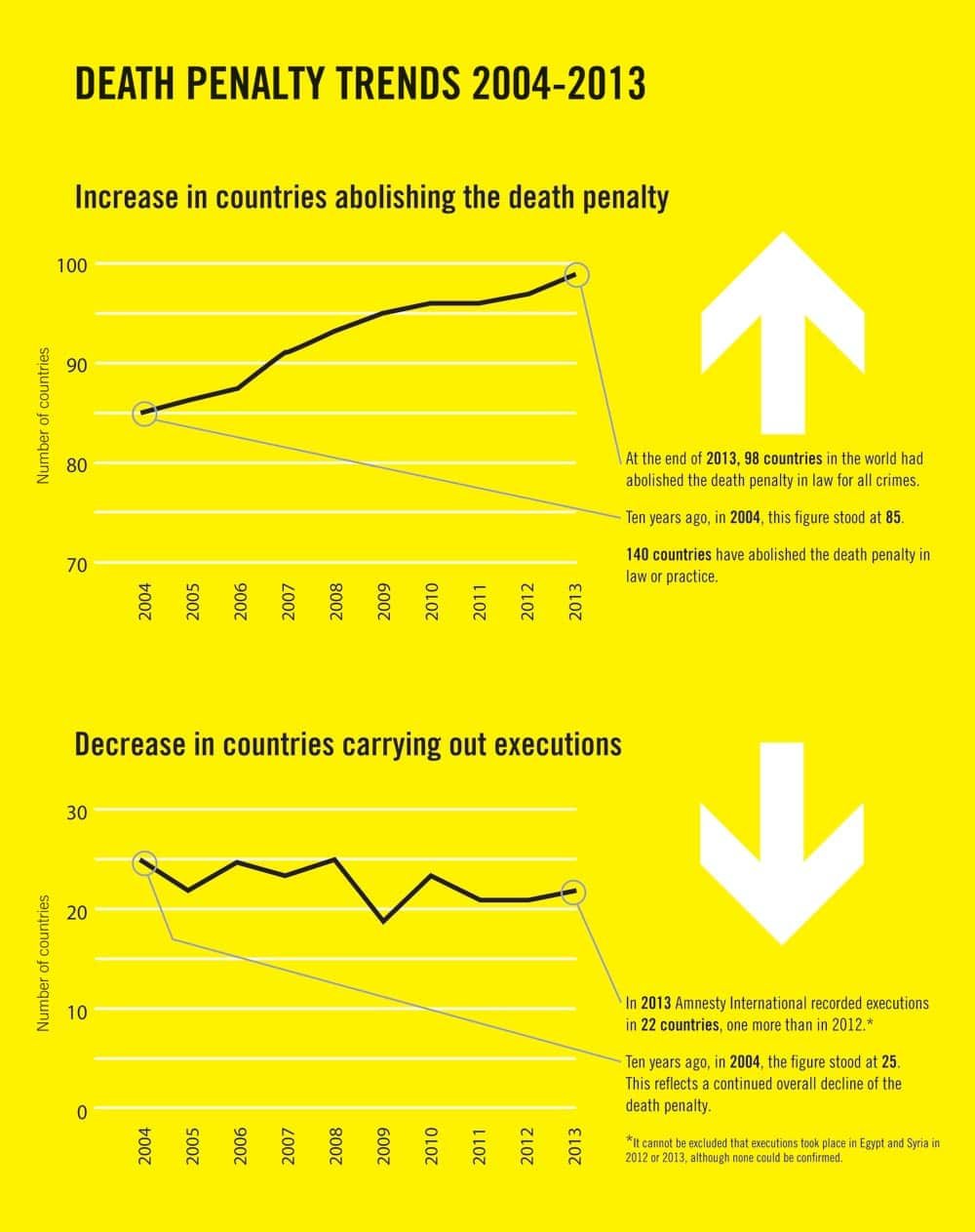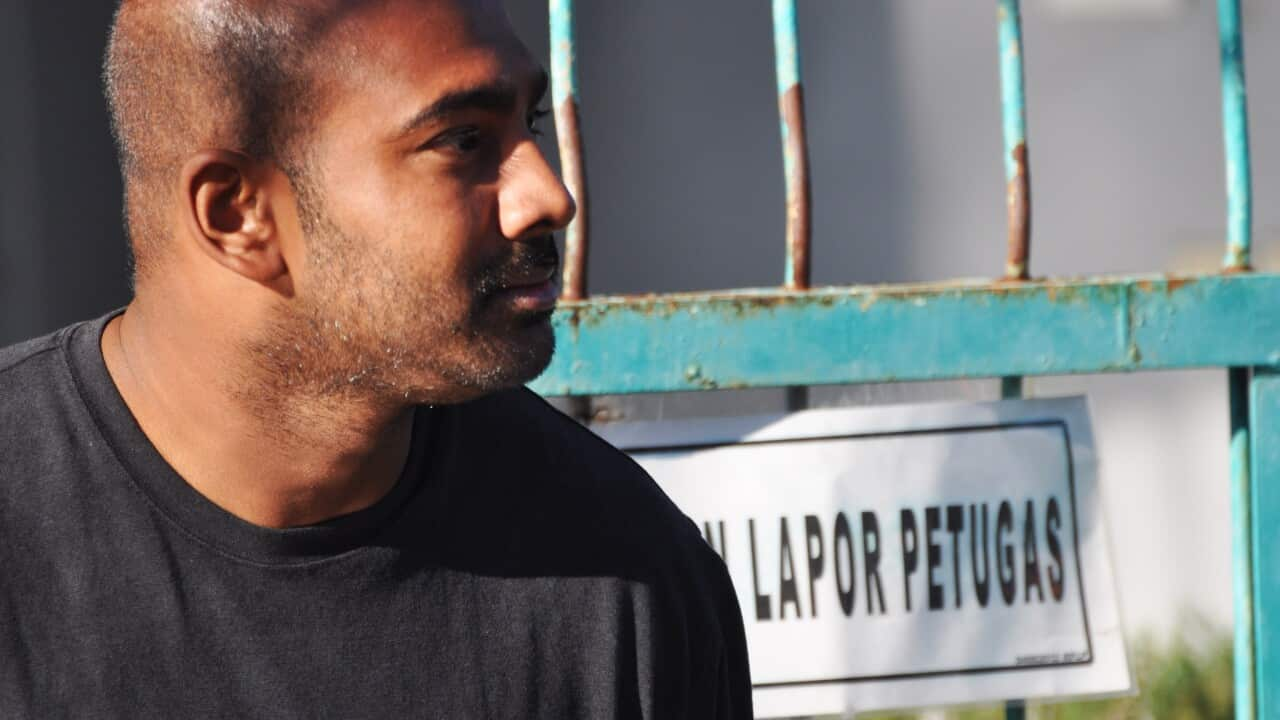- Andrew Chan and Myuran Sukumaran executed by firing squad
- 'This cannot be simply business as usual': Australia recalls ambassador to Indonesia
- Anger, grief flows for executed Australians
- Execution an act of desperate men: lawyer
- Philippines woman Mary Jane Veloso spared from execution
- Bali Nine pair's families release statement
Indonesia executes people at a lower rate than Japan, the US and Singapore.
The execution of six people in Indonesia has attracted outrage in some countries and the recall of the Brazilian ambassador from Indonesia.
Convicted Australian drug traffickers – Andrew Chan and Myuran Sukumaran – are still on death row in Indonesia.
Mr Sukumaran's bid for clemency, or 'grasi' as it's called in Indonesia, has failed.
Although the executions have caused a diplomatic storm, executions in Indonesia each year represent a small number compared to the US.
The US has killed three people this year (as of January 16), the Death Penalty Worldwide (DPW) Executions and Death Sentences Monitor says.
In 2014, Indonesia executed no prisoners while the US executed 35.
The US put 39 prisoners to death in 2013, compared to five in Indonesia.
That represents one execution per 7.9 million people in the US during 2013, compared to Indonesia’s one execution per 47.5 million people.
In 2013, Japan executed eight people, that's one execution for every 15.8 million people.
Indonesia made no executions for five years before 2013, the DPW database says.
Capital punishment statistics are known in most countries, however, some others like China do not disclose numbers of executions.
People executed in China are thought to number "thousands" each year, Amnesty International said in its Death Sentences and Executions in 2013 report.
“In some countries, it is not possible to obtain reliable data because governments do not make figures for death sentences and executions available, while others actively conceal death penalty proceedings,” the report said.
Despite that, Amnesty International's graphic below suggests fewer executions are the trend across the globe.

RMIT Adjunct Professor Peter Norden said the countries Amnesty International referred to as not disclosing numbers of executions would likely be China, North Korea, Iran and increasingly Singapore.
His work includes writing about capital punishment and he is a member of the World Coalition against the Death Penalty and Anti Death Penalty Asia Network.
He said Australians were likely to be concerned about Indonesia executing drug smugglers because Australians were on death row there.
“I’m concerned about all human lives,” Prof Norden said.
However, he said it was important for the Australian government to maintain pressure, for the Australians' best chances of survival.
Prof Norden was not aware of clemency granted in Indonesia for serious drug crimes.

